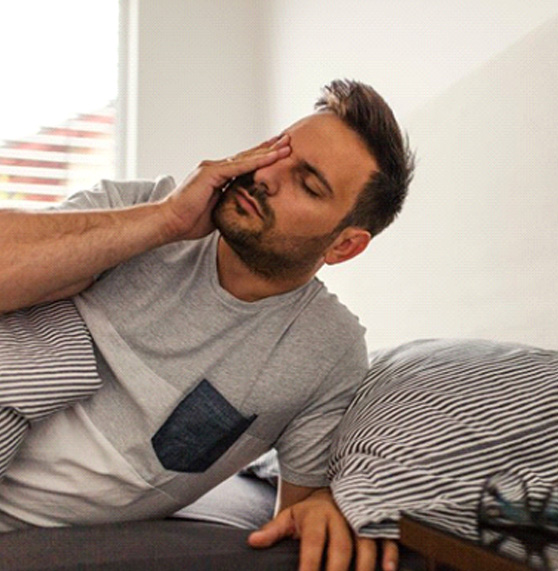Most Common Symptoms of Sleep Apnea
Loud snoring tends to be one of the main and obvious indications of sleep apnea, and it’s especially noticeable if you have a bed partner. That said, snoring on its own isn’t the only sign of this disorder, and just because you snore doesn’t signify that you have sleep apnea. Here are some of the other important signs that you might be struggling with this condition:
· Morning headaches: Your brain might receive less oxygen if you repeatedly stop breathing during rest. Your blood vessels can end up widening as well, leading to headaches. If you notice this happening regularly, it’s a good idea to mention this to your doctor.
· Daytime fatigue: It’s possible to feel incredibly tired even after going to bed, as you might not be staying asleep sufficiently throughout the night. If this occurs for days, weeks, or months, you might even end up developing issues like mood changes, memory loss, and trouble with concentration.
· Hypertension: Not getting enough oxygen during sleep can start to put too much strain on your heart. This can raise your chances of cardiovascular problems, such as high blood pressure.



